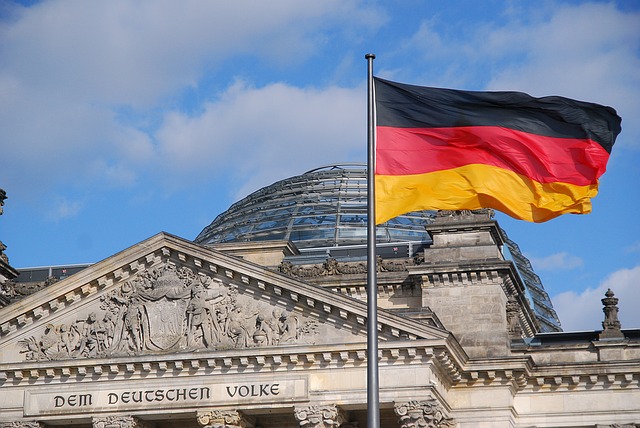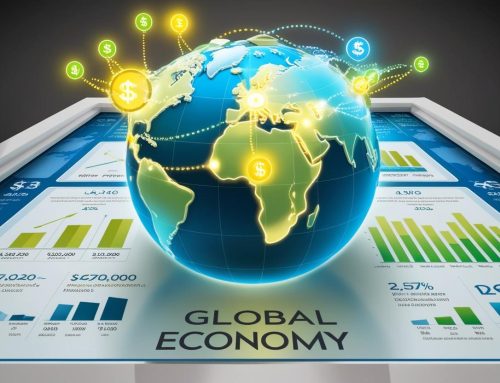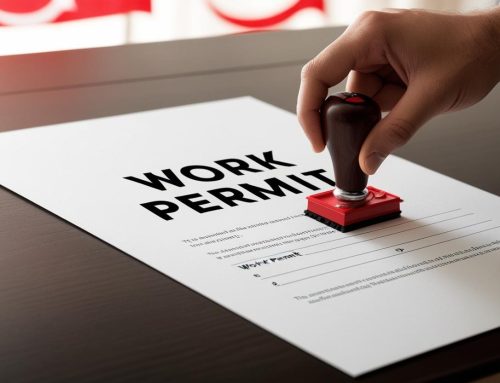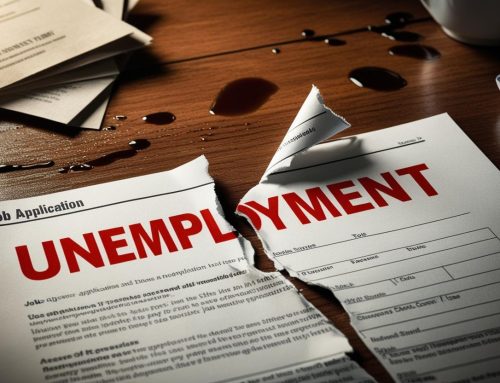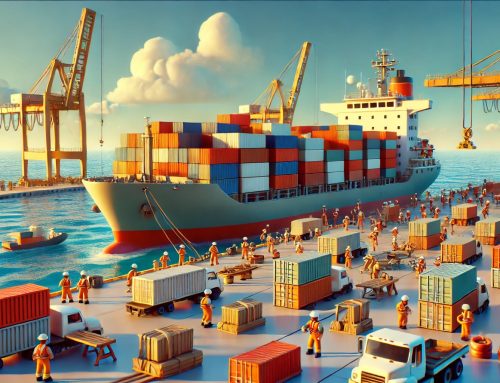In manufacturing, the index fell again after a strong increase in the previous month. This was due to noticeably more pessimistic expectations. Uncertainty among manufacturing companies grew especially strongly. By contrast, the current business situation was assessed as somewhat better. The order backlog is no longer declining.
In the service sector, the business climate improved. The companies were more satisfied with the current business situation. Expectations remained slightly skeptical. In particular in the hospitality sector, on the other hand, sentiment was brighter. The transport and logistics sector experienced a decline.
In trade, the index fell. Expectations in particular were pessimistic again. The trading companies assessed their current business situation as somewhat worse. The negative development was driven primarily by the wholesale sector.
In construction, the business climate was at its highest level since May 2023. This was due to significantly improved expectations. By contrast, the current business situation was assessed as somewhat more negative. The biggest hurdle remains the lack of orders, especially since the infrastructure package will take some time to come into effect.
Source: ifo Institute
Legal Notice: The information in this article is intended for information purposes only. It is not intended for professional information purposes specific to a person or an institution. Every institution has different requirements because of its own circumstances even though they bear a resemblance to each other. Consequently, it is your interest to consult on an expert before taking a decision based on information stated in this article and putting into practice. Neither Karen Audit nor related person or institutions are not responsible for any damages or losses that might occur in consequence of the use of the information in this article by private or formal, real or legal person and institutions.

